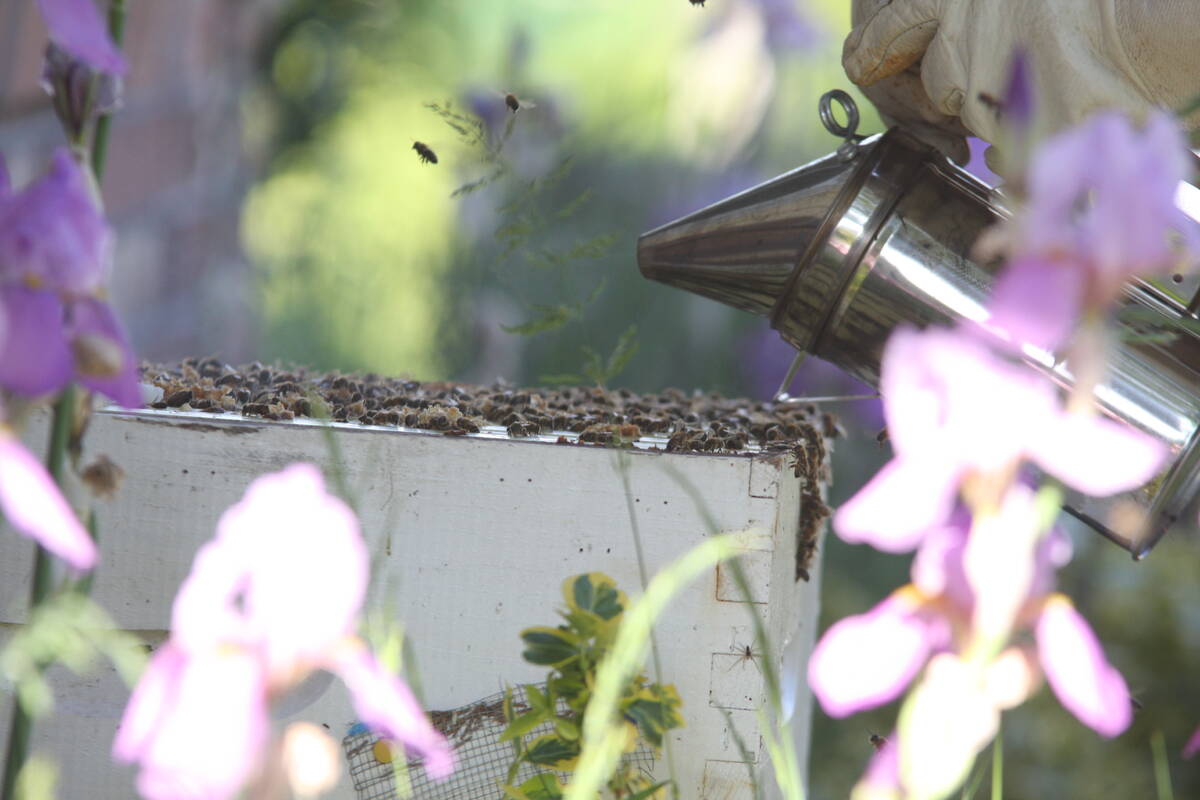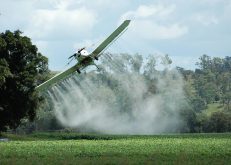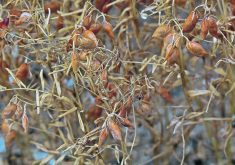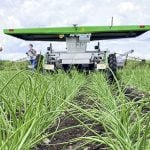CANBERRA (Reuters) — Australia’s farm chemicals regulator is taking too long to approve new products, leading to billions of dollars in preventable crop losses for one of the world’s biggest agricultural exporters, industry groups say.
Australia is a major supplier of goods from wheat and barley to cotton and wine.
Approvals of as many as two dozen products have been delayed by as much as a year, said Matthew Cossey, head of CropLife Australia, which represents the farm chemicals industry.
The registration process typically takes a year and a half to two years, CropLife said.
Read Also

Manitoba beekeepers battle for survival
Honeybee colony losses have hit 43 per cent, making 2025 the latest in a string of poor bee survival years for Manitoba’s honey producers
One delayed product is a seed treatment called Victrato that would prevent most instances of crown rot, a condition that destroys around 10 per cent of Australia’s wheat and barley each year, said Andrew Weidemann at Grain Producers Australia, an industry body.
That equates to around 3.5 million tonnes of wheat and barley worth some $800 million at current prices.
Farmers had expected Victrato to be available for planting, which is now underway, Weidemann said.
“Growers had been training how to use it, but now it’s being held up by the regulatory process.”
Other delayed products include chemicals against fall armyworm, a pest afflicting sorghum, corn and oats for which there is currently no effective control; red-legged earth mite, which strikes canola; and powdery mildew, an affliction of grape vines, CropLife said.
The regulator, the Australian Pesticides and Veterinary Medicines Authority (APVMA), said its assessments are detailed and extensive and it recognizes that timely completion is important to Australian agriculture.
It did not comment on approvals of particular products but said more than 90 per cent of its assessments were completed within statutory timeframes in the most recent quarter.
“The APVMA continues to demonstrate excellent timeframe performance,” it said.
However, CropLife said only 78.3 per cent of APVMA assessments were on time in the most important farm chemical category in the last quarter of 2023 and the situation with approval of new chemicals was the worst in two decades.
Cossey said the APVMA was slowed in part by high staff turnover and political interference following two reviews into its culture and operations that took place during 2022 and 2023. The regulator did not comment on this.
The reviews, sparked by accusations that a senior APVMA staff member urinated on colleagues at a staff Christmas party in 2021, questioned the regulator’s corporate culture and its standard of oversight.
Most farming is reliant on new chemicals not only for productivity gains but to maintain crop yields as weeds, pests and diseases grow resistance to existing products.
Because of the delays, Cossey said, “even on a very conservative estimate, we’re talking not just hundreds of millions but billions of dollars of productivity impact over the next year or two.”















